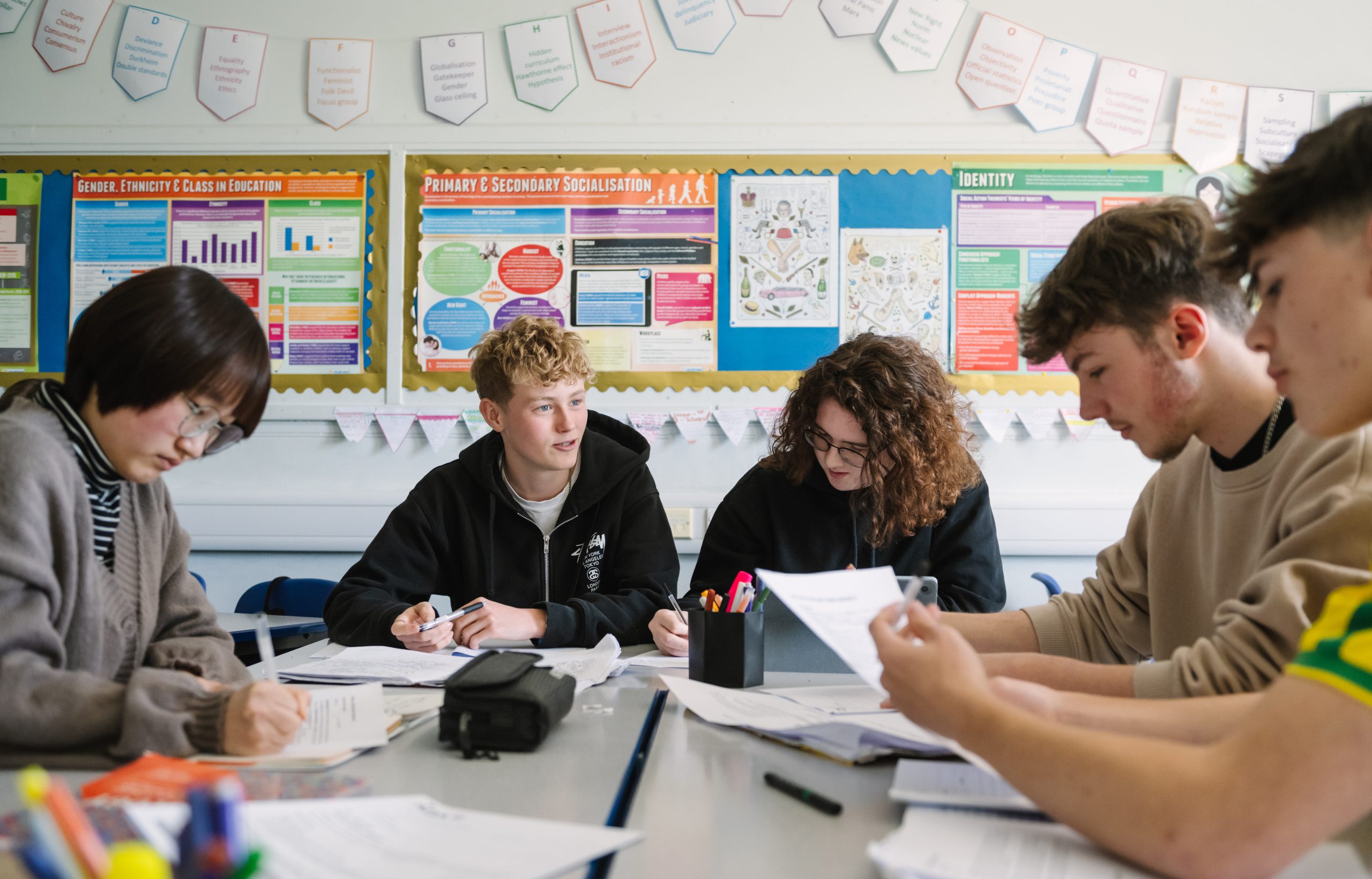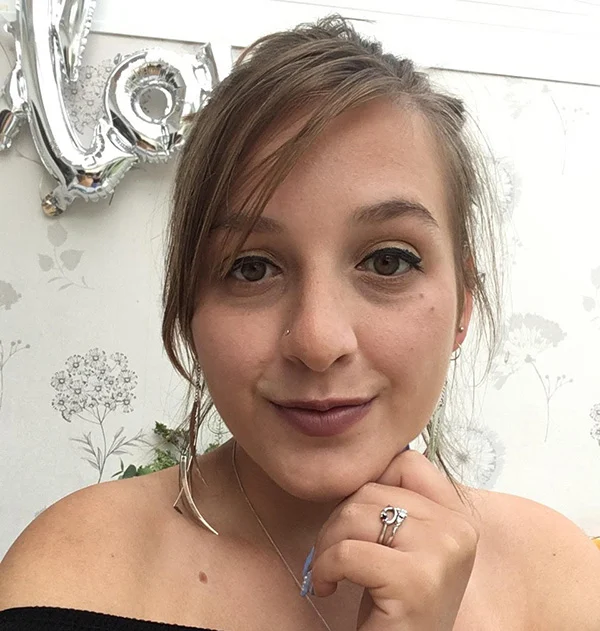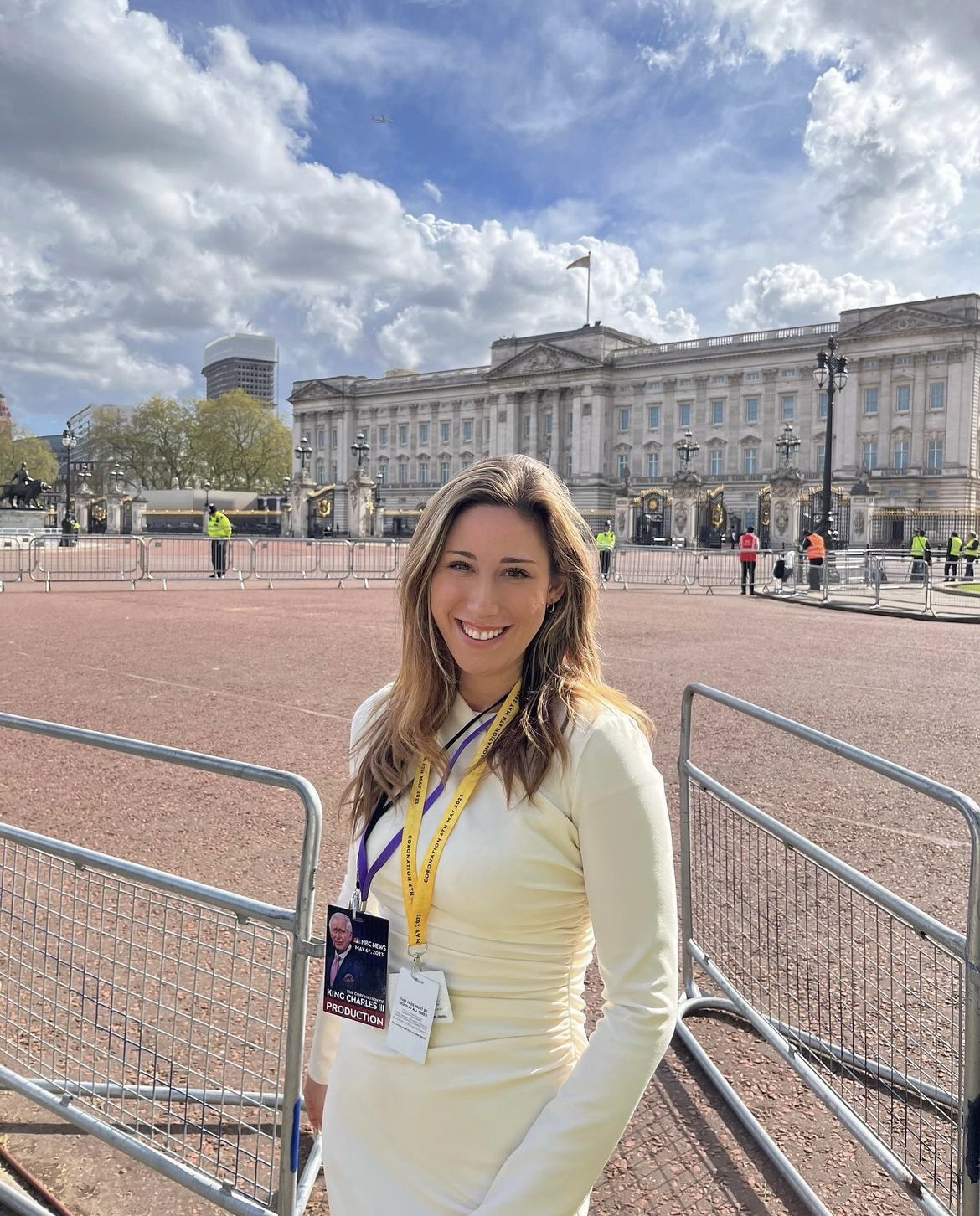
Sociology
Sociologists ask questions about the behaviour of individuals and groups in society. If you are interested in people and society or if you want to understand what is happening in the world, you should find it enjoyable and thought-provoking. You will investigate issues affecting your life such as crime and deviance, education, health, global development, and inequalities in terms of gender, social class and ethnicity. You will also learn about the research methods that Sociologists use to investigate society. We try to understand how society operates, why problems sometimes arise and look at policies that try to offer solutions. We encourage you to question things people take for granted and help you work out your own ideas based on evidence and theories from different sociological perspectives, such as Marxism, Functionalism, Feminism and Postmodernism.
Year 1
- Education
- Research Methods
- Health
Year 2
- Crime and Deviance
- Socialogical Theory
- Global Development

Danielle Boniface
Studied: Sociology, English Language, Applied Law
Progression: Applied Psychology & Criminology, University of Brighton (graduated with a 2.1)
Danielle now works for Lewes District and Eastbourne Borough Council as a Benefits Caseworker. She plans to stay in this position for a few years and then apply to train to be a probation officer.
Danielle says: “I can’t thank Varndean enough for all the support they gave me. All the staff were so supportive and I knew they had my best interests at heart. They were truly invested in their students being the best they could be. For any prospective student, I recommend choosing subjects you love and talking to the staff if you’re unsure what to pick. Law BTEC was a brand new course when I started and I sat down with staff and they really understood what I wanted. Don’t just choose a college that your friends are attending, choose the one that makes you feel comfortable as you’ll spend so much of your time there. I would recommend Varndean, they made me feel at home and fully supported. Massive thank you to Varndean for taking me in when I thought I had nowhere to go. Special shout out to Lee Gray, who teaches Sociology and Jo, who teaches Law; I couldn’t have got to where I am today without their support!”
Course Essentials
Courses Available
A Level
How The Course is Assessed
100% Exam
Career Pathways
Most of our advanced level students go on to a wide range of degree courses, often in Sociology and the Social Sciences. This subject is a particular asset for careers involving working with people, such as social work, public services, management, marketing, journalism, law, health, welfare or teaching.
Transferable Skills
Thinking critically; evaluating ideas; constructing and presenting persuasive written and verbal arguments; understanding human relationships; sensitive to people and problems.
Other Information
There are opportunities to attend student conferences at both local universities and in London, visit the Old Police Cells in Brighton, and attend talks at college by visiting speakers relevant to Sociology. You will be encouraged to attend the Sociology Society. Sociology goes well with many other subjects including: Psychology, Politics, Economics, English, Media Studies, History, Law and Philosophy.
Enquiries To
Philippa Lloyd: pll@varndean.ac.uk

Billie-Jo Becker
Studied: Sociology, English Literature, English Language
Progression: BA Politics and International Relations, University of Kent. MA Broadcast Journalism, City University of London
